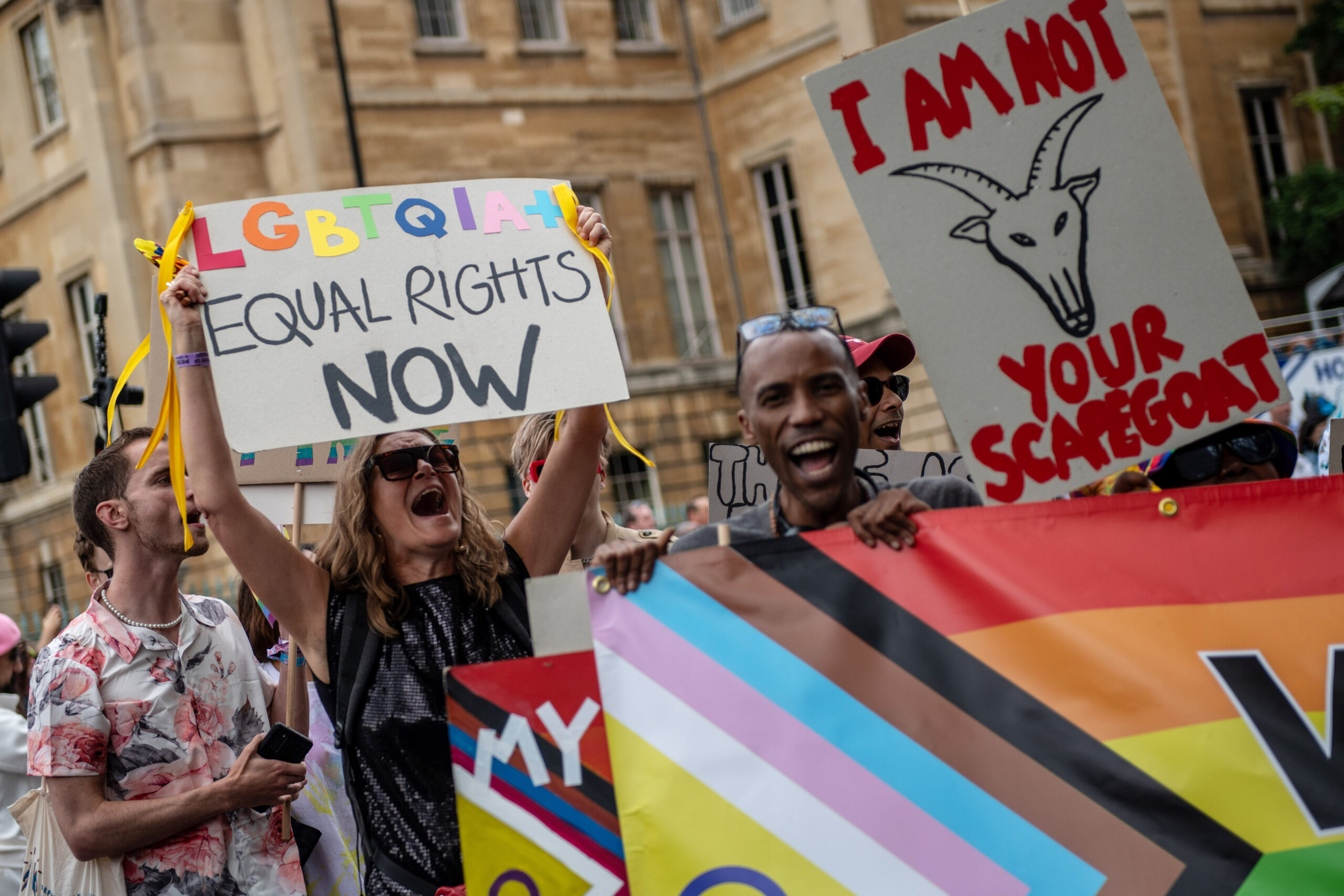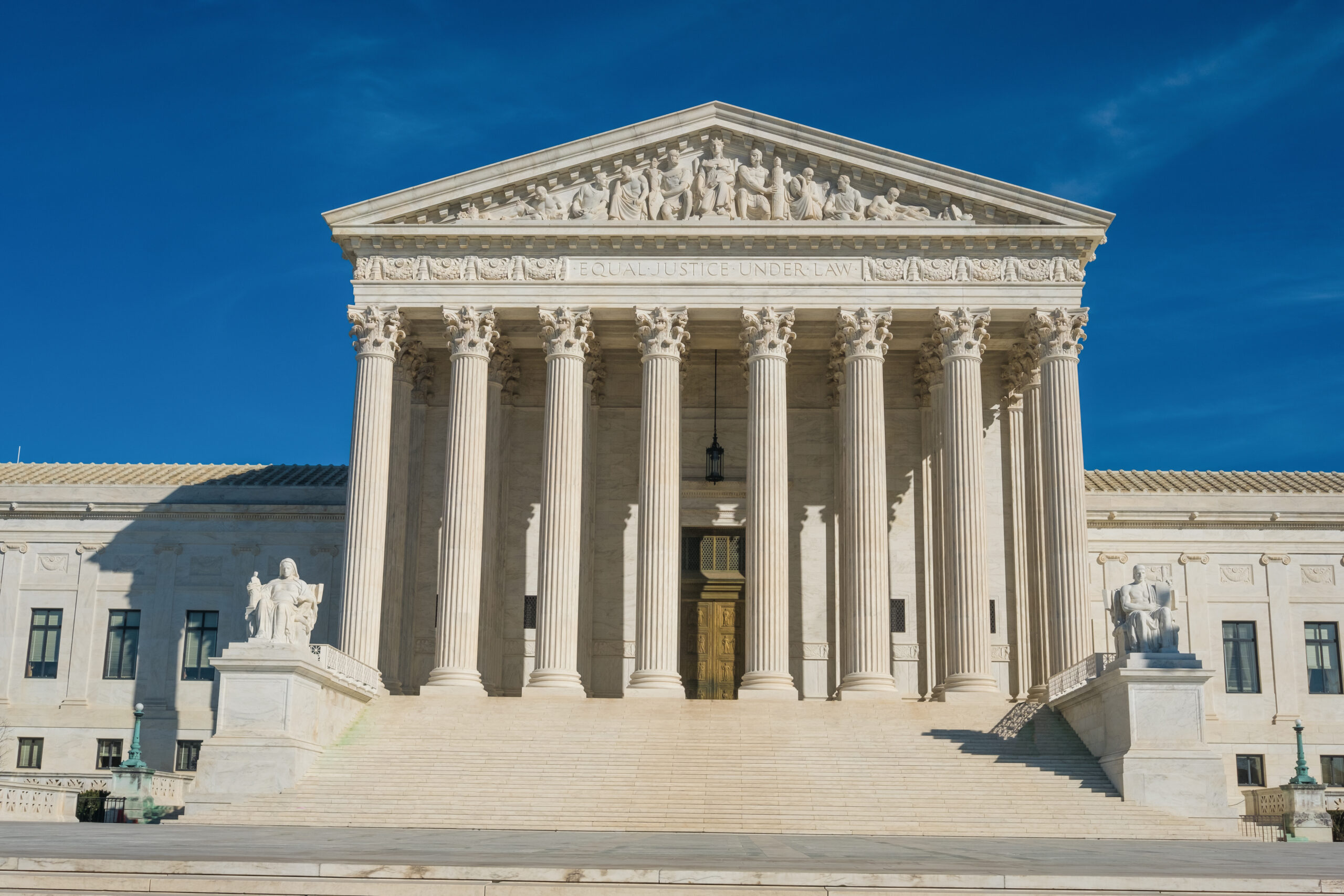The Trump administration’s attack on US diversity, equity and inclusion policies is reverberating across the Atlantic, with corporations abandoning sponsorships of Britain’s Pride festivals, threatening key funding for events this summer.
Three quarters of more than 100 Pride organizers have seen a decline in corporate partnerships this year and a quarter of them have seen funding from sponsorships drop over 50%, according to exclusive data from the UK Pride Organisers Network (UKPON). That’s hit smaller parades particularly hard, with several canceling events that were planned for Pride Month, which is celebrated globally each June in memory of the Stonewall protests.
Sponsorship withdrawals have been particularly pronounced from American businesses, according to Pride in London. The UK’s biggest LGBTQ parade relies on corporate sponsors to cover the £1.7 million ($2.3 million) it costs to host more than 1.6 million attendees during its July 5 festival. But this year, longtime sponsors have stepped away, said Christopher Joell-Deshields, chief executive officer of Pride in London.
“Across the Pride movement, there is a very different feel this year,” Joell-Deshields said. “Some of our sponsors are global partners and we’re seeing the effect of those who are based in the US who have seen the roll back of DEI. We’re having to push harder in terms of sponsors and getting them to understand the importance of the Pride platform.”
Companies doing business in the US have rushed to appear politically neutral after President Donald Trump signed executive orders demanding the end of what he calls “illegal DEI.” The order was a culmination of a broader blowback against what some US conservatives have dubbed “woke capitalism,” with activists calling for boycotts against firms that give money to causes like LGBTQ rights and racial-equity programs.
The pullback in LGBTQ support is a trend already documented in the US, where a survey of corporate executives revealed that two in five were scaling back Pride Month engagement this year, leaving organizers scrambling for funds. Earlier in May, New York City Pride announced it was looking at a $750,000 budget shortfall and launched a community fundraising campaign to keep the event free to attend.
Still, it’s not all the Trump effect, according to Jamie Love, the marketing director for Pride in Edinburgh. The UK’s intensifying debate over transgender rights, with the Supreme Court recently ruling that the legal definition of a woman is based on biological sex, has caused some brands to sidestep Pride partnerships altogether to avoid controversy, he said.
“The ones that want to engage, want to engage really meaningfully, but there are fewer of them,” said Love, adding that this is proving to be “the driest year” for sponsorships.
The website for the festival in the Scottish capital now displays just five partners, including German supermarket brand Lidl and the UK’s Tesco Plc. Last year, the site boasted 13 sponsors. The page for the London festival has recently been updated with a list of 2025 sponsors and advocates, among them is headline sponsor Pridepay, a UK-based payment processing platform for the LGBTQ community. However, other brands that have featured repeatedly in recent years are missing this year.
Still, the biggest impact has been on smaller festivals. Some Pride events were canceled in Southampton, Hereford and Taunton, while Plymouth’s official parade has been replaced by a community-led one. Looking forward, Pride organizations may have to diversify their revenue streams, seeking more grant funding from councils or turning free parades into ticketed events, said Dee Llewellyn, the chair of UKPON.
In the interim, LGBTQ+ organizations will have to adapt to the new environment, said Ian Howley, CEO of health and wellbeing charity LGBT HERO. Even if larger brands ask to sponsor events again once the dust settles, he said the community won’t easily forgive firms for abandoning them this year.
“The damage is already done and we don’t forget,” Howley said. “We will remember that they weren’t there when we needed them the most.”
Photo: Participants during the Pride in London Parade in London on July 1, 2023. Photographer: Chris J. Ratcliffe/Bloomberg
Copyright 2025 Bloomberg.
The most important insurance news,in your inbox every business day.
Get the insurance industry’s trusted newsletter






Leave a Reply